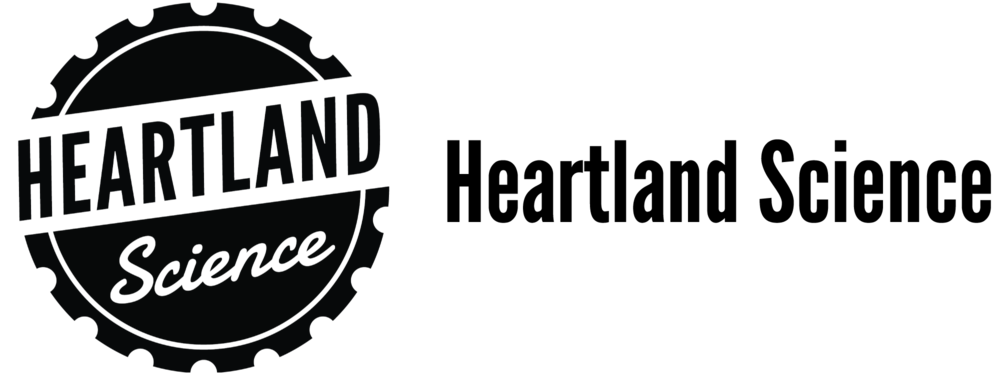Fredrick Kilgour (1914-2006) portrait as seen in the lobby of the Kilgour Building, Dublin, Ohio. The portrait was painted ca. 1992 by the artist Marvin Triguba (1930–2002). Image source: Kilgour Portrait.jpg by Mlet is licensed under CC BY 3.0
Founded in 1967 by Fred Kilgour of Columbus, OCLC Online Computer Library Center is a nonprofit, membership, computer library service and research organization dedicated to the public purposes of furthering access to the world's information and reducing information costs. More than 50,000 libraries in 84 countries and territories around the world use OCLC services to locate, acquire, catalog, lend and preserve library materials. Researchers, students, faculty, scholars, professional librarians and other information seekers use OCLC services to obtain bibliographic, abstract and full-text information when and where they need it. OCLC and its member libraries cooperatively produce and maintain WorldCat - the OCLC Online Union Catalog. The OCLC WorldCat database now has more that one billion entries. The billionth entry was made on August 11, 2005, by a Worthington Ohio librarian for the book entitled The Monkees: The day-by-day story of the '60s TV pop sensation.
In The Beginning...
In 1967, the presidents of the Ohio College Association founded the Ohio College Library Center (OCLC) to develop a computerized system in which the libraries of Ohio academic institutions could share resources and reduce costs.
OCLC’s first offices were in the Main Library on the campus of The Ohio State University (OSU), and its first computer room was housed in the OSU Research Center. It was from these academic roots that Frederick G. Kilgour, OCLC’s first president, oversaw the growth of OCLC from a regional computer system for 54 Ohio colleges into an international network.
Expanding Beyond Ohio
In 1977, the Ohio members of OCLC adopted changes in the governance structure that enabled libraries outside Ohio to become members and participate in the election of the Board of Trustees; the Ohio College Library Center became OCLC, Inc. In 1981, the legal name of the corporation became OCLC Online Computer Library Center, Inc. Today, OCLC serves more than 54,000 libraries of all types in the U.S. and 96 countries and territories around the world.
The Dewey Decimal Classification System
The Kilgour Building, the headquarters of the library non-profit OCLC, image date 13 June 2007. Image source: Kilgour Building, OCLC, Dublin, OH.jpg by Matkatamiba is licensed under CC BY 3.0
In 1988, OLCL purchased the Dewey Decimal Classification (DDC) system. It was devised by library pioneer Melvil Dewey in the 1870s, and provides a dynamic structure for the organization of library collections. The DDC is the world's most widely used library classification system. In the United States, 95 percent of all public and K-12 school libraries, 25 percent of college and university libraries, and 20 percent of special libraries use the DDC. More than 200,000 libraries worldwide in 135 countries count on the DDC to keep their collections organized so that their users can easily locate the resources they need. DDC has been translated into more than 30 languages. The Dewey Decimal Classification (DDC) system, devised by library pioneer Melvil Dewey in the 1870s and owned by OCLC since 1988, provides a dynamic structure for the organization of library collections.
About Frederick G. Kilgour
In 1974, the American Library Association (ALA) awarded OCLC Founder Frederick G. Kilgour the prestigious Margaret Mann Citation in Cataloging and Classification for "making the Library of Congress MARC database a practical and useful product." In 1982, Mr. Kilgour was awarded ALA’s highest honor, Honorary Life Membership, for his contributions to librarianship, including "the establishment and development of a practical vehicle for making the benefits of technology readily available to thousands of libraries."
To honor Kilgour, the Frederick G. Kilgour Award for Research in Library and Information Technology is sponsored by OCLC Online Computer Center, Inc. and the Library and Information Technology Association (LITA), a division of the American Library Association. The purpose of the award is to bring attention to research relevant to the development of information technologies, especially work which shows promise of having a positive and substantive impact on any aspect of the publication, storage, retrieval and dissemination of information, or the processes by which information and data is manipulated and managed.
Find out more...
